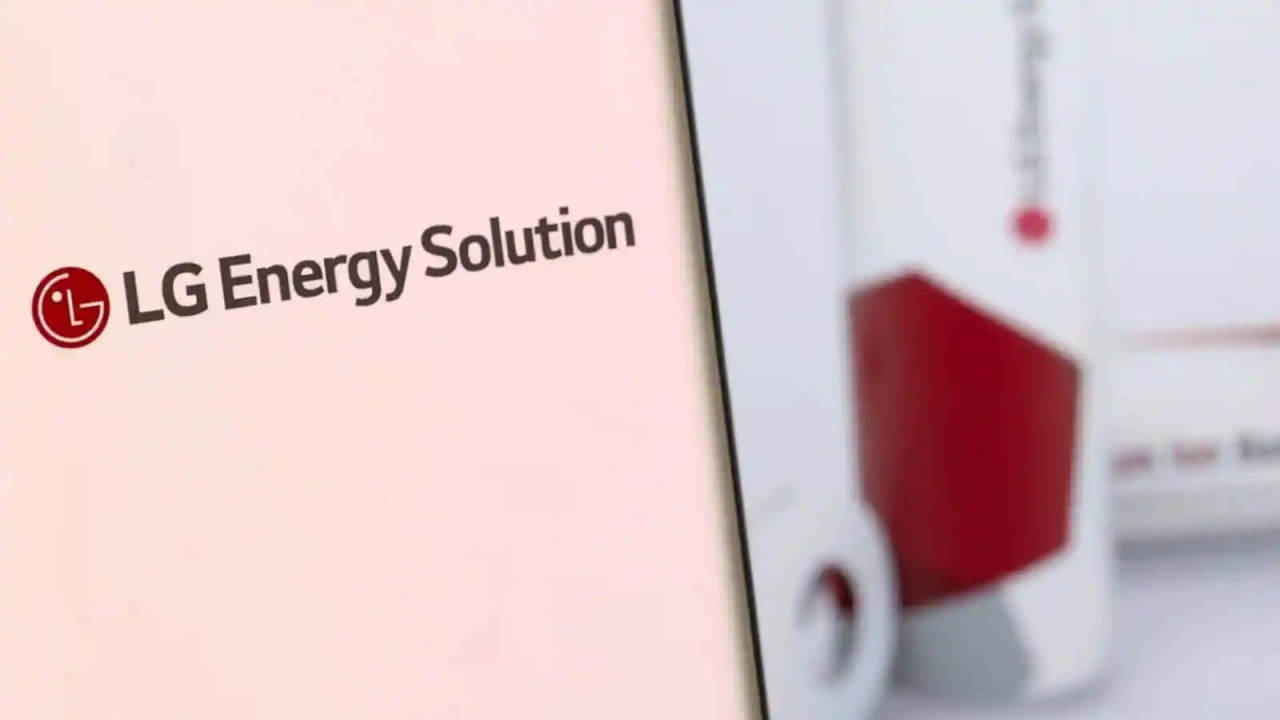Market Now
LG Energy Solution reconsiders US battery plant in fear of surging costs
 |
(LG Energy Solution) |
LG Energy Solution said Wednesday that it is reviewing the profitability of its new battery plant in the US, citing growing uncertainties surrounding inflation woes and unfavorable foreign exchange movement.
In March, the world’s second-largest electric vehicle battery maker announced plans to build its own battery plant in Queen Creek, Arizona, with an annual capacity of 11 gigawatt-hours of cylindrical batteries. A 1.7 trillion won ($1.3 billion) investment had been planned to be injected into the construction set to be completed by 2024.
“Due to uncertainties in the global economy, we have decided to review the timing, size and other details of the planned investment,” said a company spokesperson who wished to be unnamed.
He, however, denied that the review itself meant that the company will be scrapping the plant plan immediately.
Cylindrical batteries are being increasingly adopted by EVs and other power tools. LG Energy Solution had aimed to secure a footing in the burgeoning market by setting up its own plant in Arizona, the production base of several EV startups like Lucid Motors, Rivian and Nikola.
But over the past months, the amount of the original investment has swelled to mid-2 trillion won amid global inflation and the recent depreciation of the Korean currency. Despite a recent regulatory approval, the construction work that was scheduled to start within the first half of this year has been delayed.
An industry official said the review process could take about two to three months because it involves diverse stakeholders, including the local government and the company’s corporate clients, mostly carmakers.
“An unfavorable foreign exchange rate means an increase in the planned investment. They will discuss whether the price swing could be reflected in their supply prices with its clients,” the official said on condition of anonymity.
The latest decision comes as LG Energy Solution is investing heavily to expand its production capacity in North America, a nascent but fast-growing EV market. It aims to elevate its capacity there to some 180 gigawatt-hours by 2025.
The company is currently building two more plants in the US in a joint venture partnership with General Motors. The spokesperson said there are no changes in the ongoing construction of those two plants.
By Lee Ji-yoon (jylee@heraldcorp.com)







![[Contribution] Preparing for future with strategic public procurement](http://res.heraldm.com/phpwas/restmb_idxmake.php?idx=151&simg=/content/image/2024/11/29/20241129050037_0.jpg)
